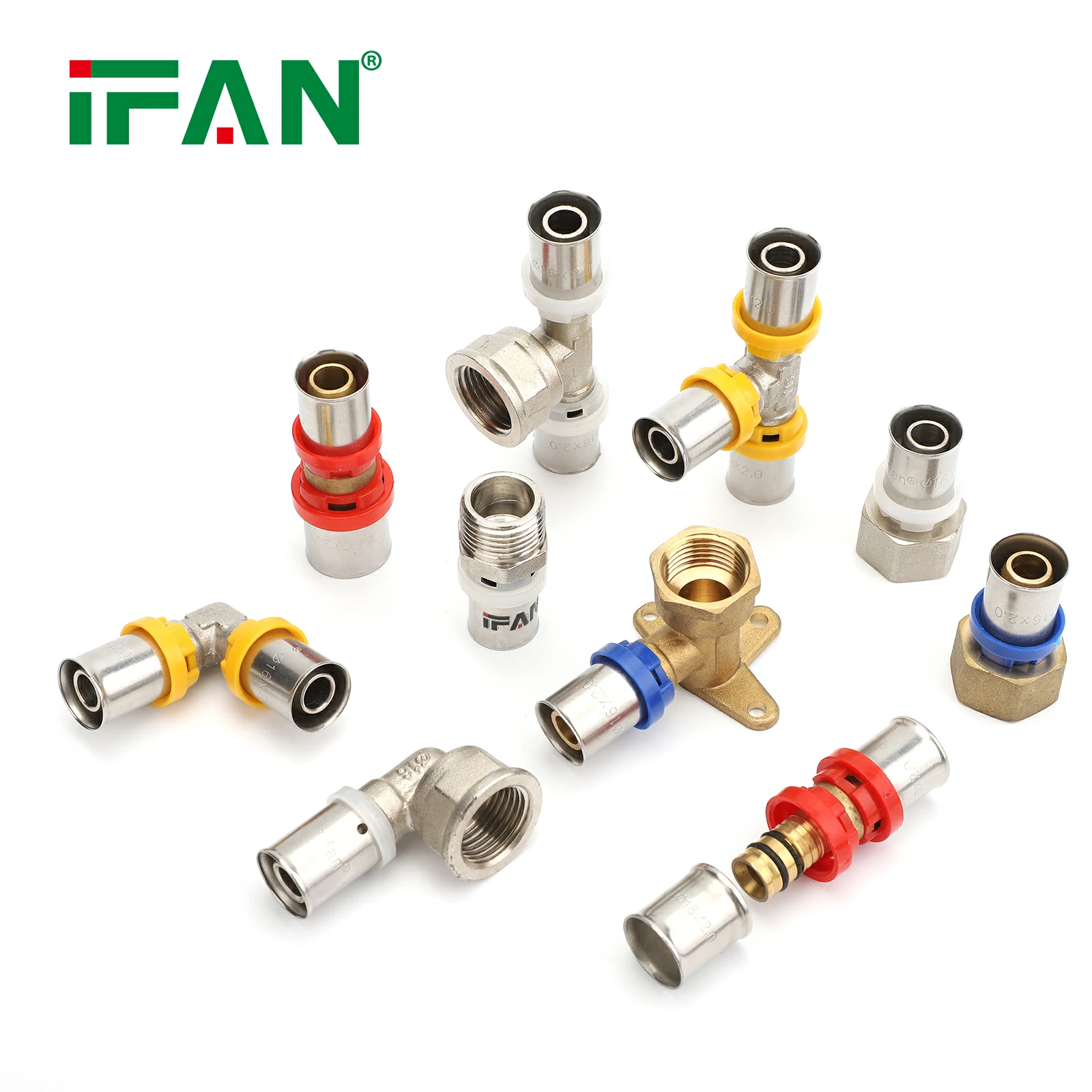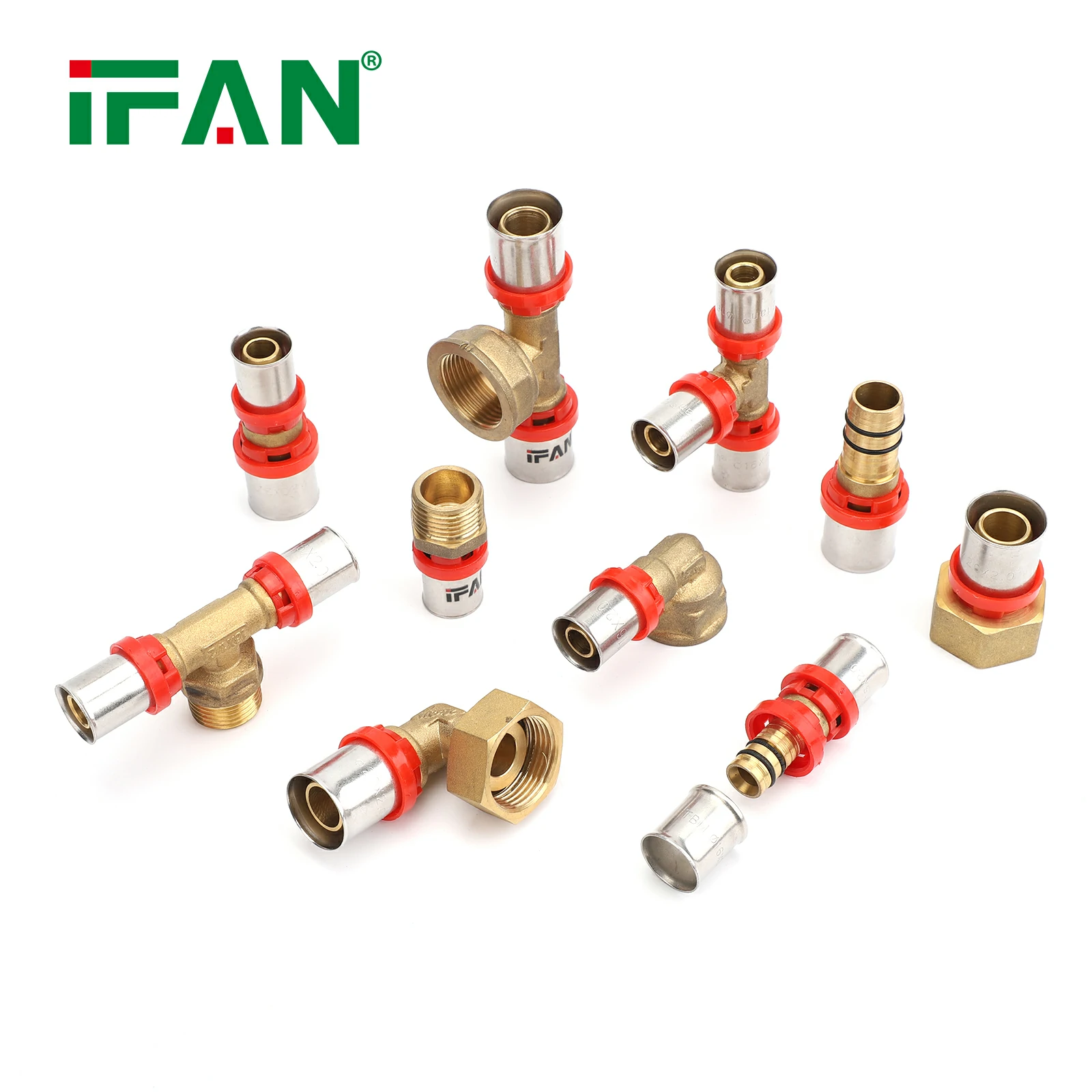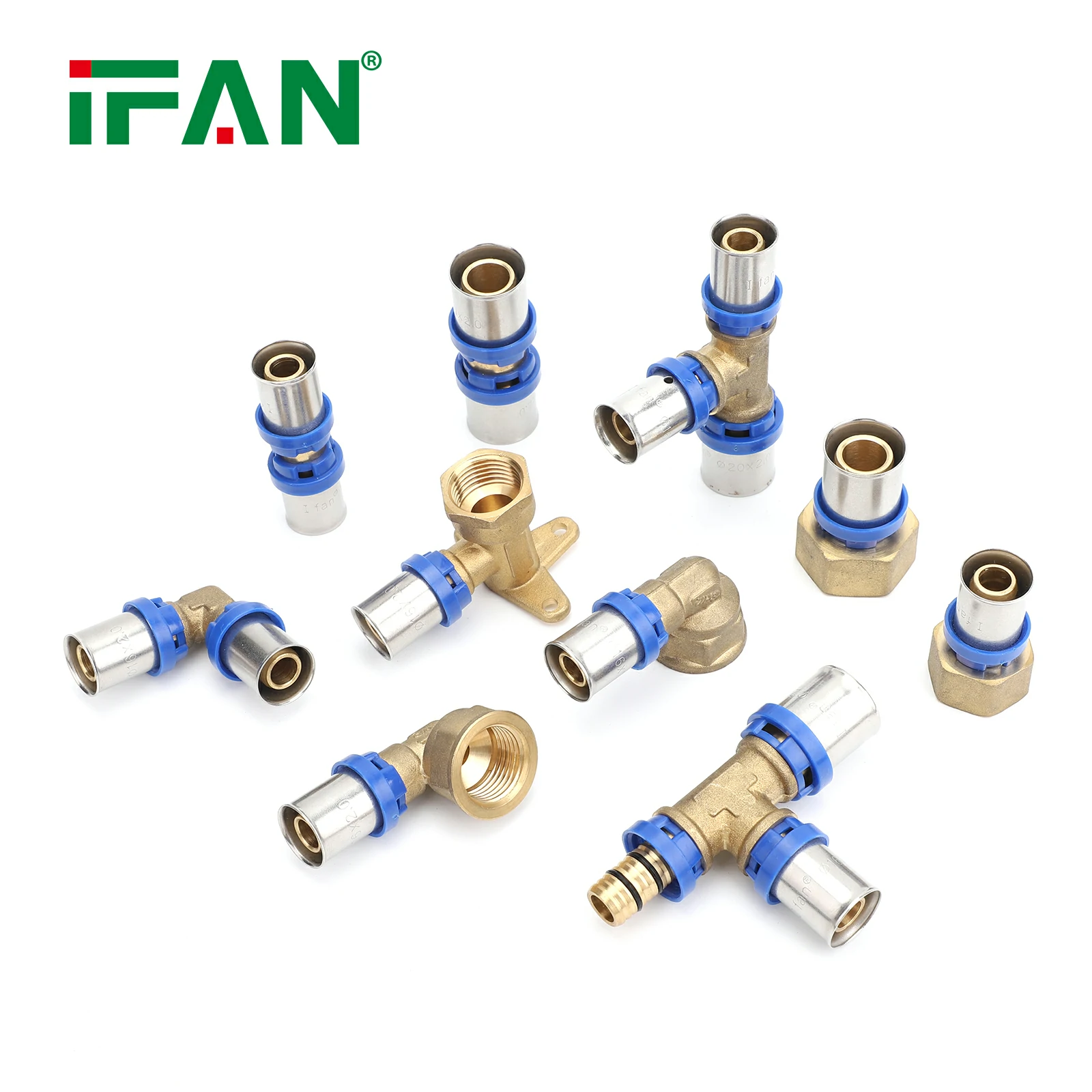Fiberglass pipe, also known as FRP (Fiberglass Reinforced Plastic) pipe, is a type of composite material pipe that is made by combining fiberglass strands with a thermosetting resin. This combination results in a strong, lightweight, and corrosion-resistant pipe. In this article, we will explore the various applications and advantages of fiberglass pipe.
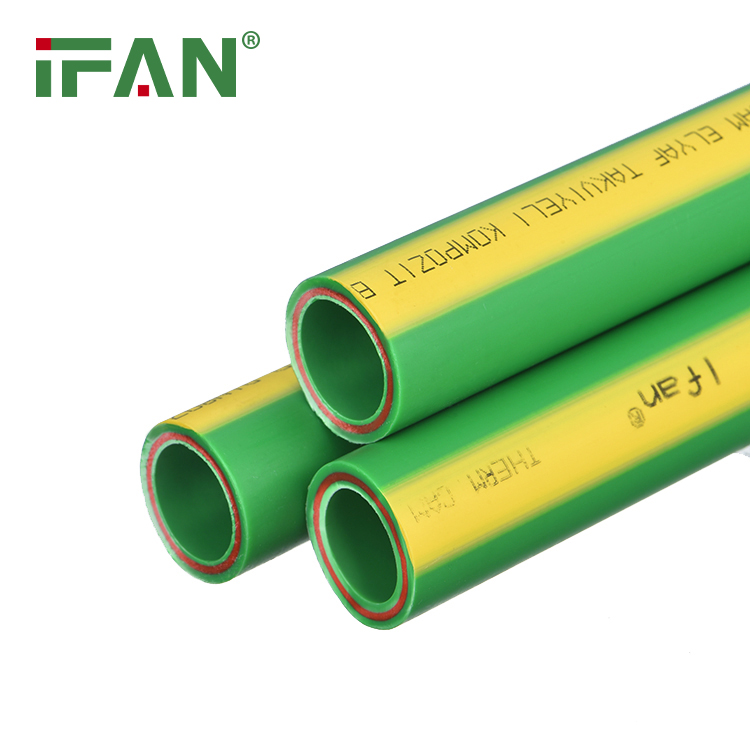
- Chemical and Industrial Applications: Fiberglass pipe is widely used in chemical and industrial applications due to its excellent resistance to corrosion. It is highly resistant to a wide range of chemicals, including acids, alkalis, solvents, and salts. This makes it suitable for transporting corrosive fluids in industries such as chemical processing, wastewater treatment, and power generation.
- Oil and Gas Industry: Fiberglass pipe is also extensively used in the oil and gas industry. It is commonly used for transporting crude oil, natural gas, and other petroleum products. Fiberglass pipe’s corrosion resistance and ability to withstand high-pressure conditions make it an ideal choice for offshore platforms, refineries, and pipelines.
- Water and Wastewater Systems: Fiberglass pipe is a popular choice for water and wastewater systems due to its durability and resistance to corrosion. It is commonly used for water transmission and distribution, sewer lines, storm drains, and desalination plants. Fiberglass pipe’s smooth interior surface also promotes efficient fluid flow and reduces the risk of scaling or buildup.
- Marine and Shipbuilding: The marine industry often utilizes fiberglass pipe due to its resistance to saltwater corrosion. It is used in various marine applications, including seawater intakes, ballast systems, cooling water lines, and fire suppression systems. Fiberglass pipe’s lightweight nature also makes it easier to install and transport in marine environments.
- Infrastructure and Construction: Fiberglass pipe finds applications in infrastructure and construction projects. It is used for underground drainage systems, culverts, bridge drains, and tunnels. Fiberglass pipe’s high strength-to-weight ratio, flexibility, and ease of installation make it a preferred choice in situations where durability and long-term performance are required.
- Fire Protection Systems: Fiberglass pipe is commonly used in fire protection systems due to its fire resistance and low smoke generation. It is used for fire sprinkler systems, hydrant lines, and fire suppression systems. Fiberglass pipe’s ability to maintain its structural integrity even under high temperatures makes it a reliable choice for ensuring the safety of buildings and occupants.
- Mining and Mineral Processing: In mining and mineral processing industries, fiberglass pipe is used for various applications such as transporting corrosive chemicals, slurry pipelines, mine dewatering, and process water lines. Its resistance to abrasion, corrosion, and high-pressure conditions make it suitable for handling challenging mining operations.
Advantages of Fiberglass Pipe:
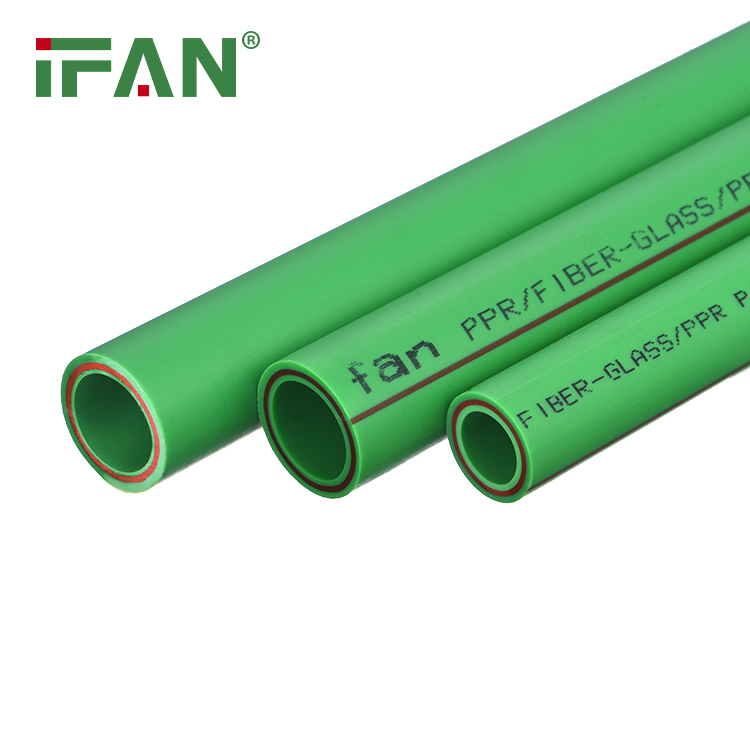
a. Corrosion Resistance: Fiberglass pipe is highly resistant to corrosion, making it ideal for applications involving corrosive fluids.
b. Lightweight: Fiberglass pipe is lighter than traditional materials like steel or concrete, making it easier to handle and install.
c. High Strength-to-Weight Ratio: Fiberglass pipe has a high strength-to-weight ratio, providing excellent structural integrity while reducing the overall weight of the system.
d. Flexibility: Fiberglass pipe has a degree of flexibility, allowing it to withstand ground movement and thermal expansion/contraction without cracking or breaking.
e. Low Maintenance: Fiberglass pipe requires minimal maintenance due to its resistance to corrosion, scaling, and buildup, resulting in long service life and reduced lifecycle costs.
f. Thermal Insulation: Fiberglass pipe provides thermal insulation, reducing heat loss or gain and maintaining a consistent temperature of the transported fluids.
g. Smooth Interior Surface: Fiberglass pipe has a smooth interior surface, minimizing friction and pressure loss while preventing scaling or deposits.
In conclusion
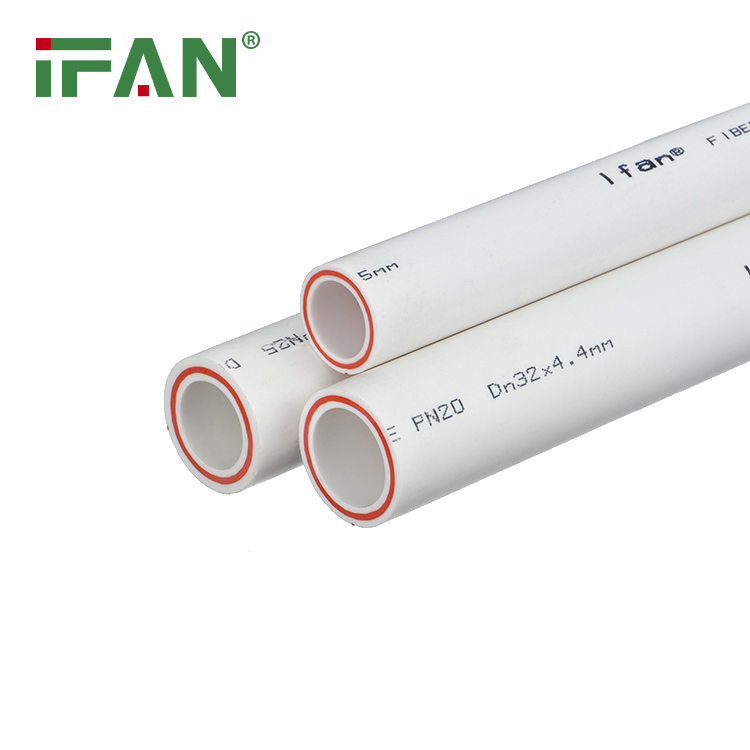
Fiberglass pipe is widely used in various industries and applications due to its corrosion resistance, high strength-to-weight ratio, and durability. Its applications range from chemical and industrial systems to water and wastewater infrastructure, oil and gas pipelines, marine applications, and fire protection systems. Fiberglass pipe offers numerous advantages, including lightweight construction, low maintenance requirements, thermal insulation, and a smooth interior surface, making it a reliable choice for a wide range of applications.

